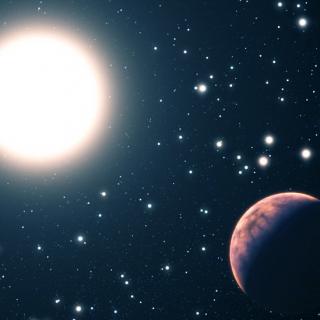Bibcode
Sousa, S. G.; Santos, N. C.; Adibekyan, V.; Delgado-Mena, E.; Israelian, G.
Bibliographical reference
Astronomy and Astrophysics, Volume 577, id.A67, 4 pp.
Advertised on:
5
2015
Journal
Citations
214
Refereed citations
208
Description
Aims: We present a new upgraded version of ARES. The new version
includes a series of interesting new features such as automatic radial
velocity correction, a fully automatic continuum determination, and an
estimation of the errors for the equivalent widths. Methods: The
automatic correction of the radial velocity is achieved with a simple
cross-correlation function, and the automatic continuum determination,
as well as the estimation of the errors, relies on a new approach to
evaluating the spectral noise at the continuum level. Results:
ARES v2 is totally compatible with its predecessor. We show that the
fully automatic continuum determination is consistent with the previous
methods applied for this task. It also presents a significant
improvement on its performance thanks to the implementation of a
parallel computation using the OpenMP library.
Automatic Routine for line Equivalent widths in stellar Spectra - ARES
webpage: http://www.astro.up.pt/~sousasag/ares/Based
on observations made with ESO Telescopes at the La Silla Paranal
Observatory under programme ID 075.D-0800(A).
Related projects

Observational Tests of the Processes of Nucleosynthesis in the Universe
Several spectroscopic analyses of stars with planets have recently been carried out. One of the most remarkable results is that planet-harbouring stars are on average more metal-rich than solar-type disc stars. Two main explanations have been suggested to link this metallicity excess with the presence of planets. The first of these, the “self
Garik
Israelian